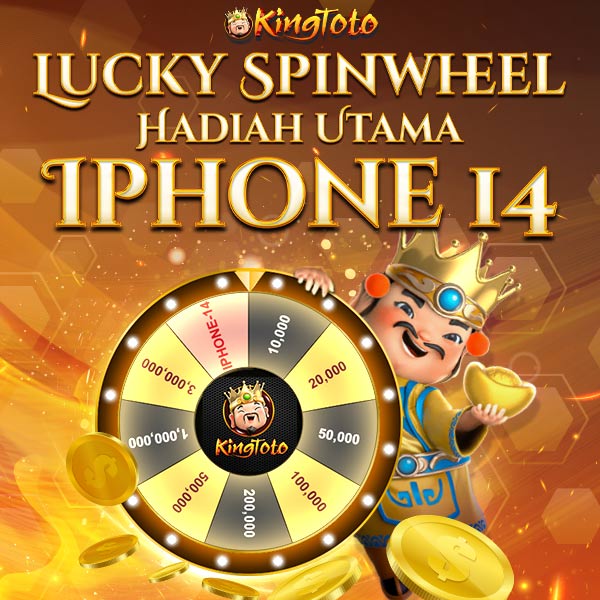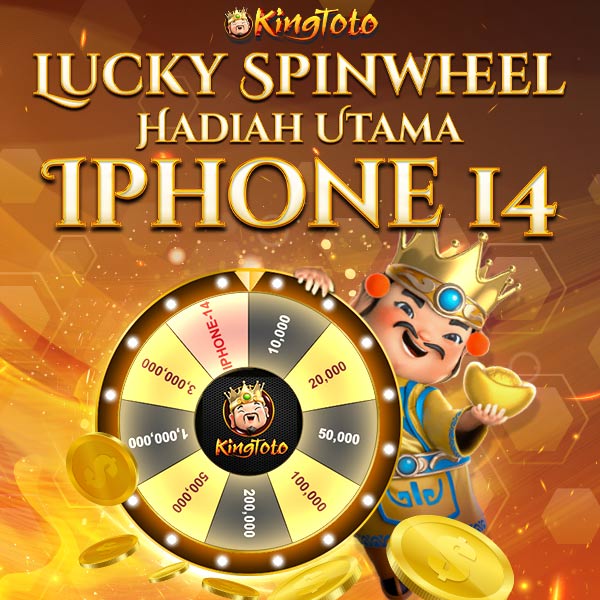Kingtoto
Kingtoto: Menyatukan Raja dan Toto dalam Keberuntungan
Kingtoto: Menyatukan Raja dan Toto dalam Keberuntungan
Couldn't load pickup availability
Jelajahi Kingtoto, tempat di mana Raja dan Toto bersatu dalam pencarian kemenangan gemilang. Dari slot yang mengasyikkan hingga permainan toto yang menantang, Kingtoto menawarkan pengalaman bermain toto slot gacor malam ini yang tiada duanya. Bersiaplah untuk meraih mahkota kemenangan Anda di Kingtoto!
Mengarungi Mahkota Kemenangan
Kingtoto, nama yang mencerminkan kekuasaan dan keberuntungan dalam satu kesatuan. Di sini, Raja dan Toto bersatu dalam pencarian kemenangan yang gemilang. Setiap langkah di Kingtoto, Anda seperti memasuki istana keberuntungan toto slot gacor malam ini, di mana mahkota kemenangan menunggu di ujung permainan. Dari slot yang mengasyikkan hingga permainan toto slot gacor malam ini yang menghadirkan tantangan, Kingtoto menawarkan pengalaman bermain yang tiada duanya. Bersiaplah untuk meraih mahkota kemenangan Anda di Kingtoto!


